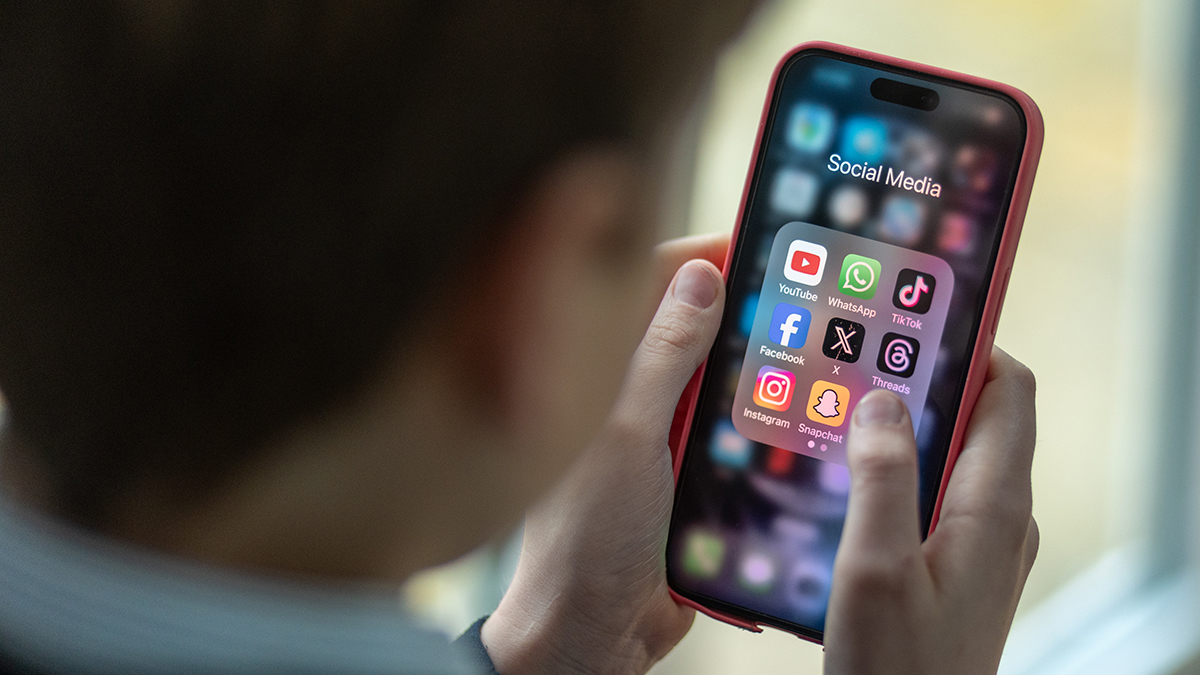On Friday night in London, more than 10,000 athletes from 204 counties will stride into a gleaming new stadium to mark the start of the 2012 Summer Olympics: 16 days of competition in 26 sports that will bring down world records and settle smoldering rivalries.
The U.S. men’s basketball team will try to live up to comparisons to the original 1992 Dream Team.
Americans Michael Phelps and Ryan Lochte will race head-to-head six times for the title of world’s best swimmer.
In gymnastics, Japan will try to finally overtake China for the men’s crown, and the American women will try to hold off the Chinese.
Jamaican sprinter Usain Bolt will try to remain the fastest man in the world, while women sprinters Allyson Felix of the United States and Veronica Campbell Brown of Jamaica will battle for that title on the women’s side.
Roger Federer of Switzerland and Andy Murray of Britain will try to reprise their showdown in the finals at Wimbledon.
The list goes on.
U.S. & World
It is no wonder that the Summer Games are considered by many to be the ultimate sporting event, a place where the world’s best athletes compete against each other, where fans root for their own countries and celebrate the accomplishments of others.
But Olympic officials also aspire to use athletics to make larger points about equality and building a more democratic world. This year is no exception.
For the first time, all participating countries include women on their national teams. With the addition of women’s boxing, female athletes will compete in all the same sports as men. The American and Russian teams are majority female, also firsts.
The Games are also being touted as the most “social” ever, with most athletes posting their thoughts to Twitter and Facebook, and all events streaming live online.
The Olympics have gone high-tech in another sense: catching cheaters. Anti-doping officials have partnered with pharmaceutical giant GlaxoSmithKline on a $30 million state-of-the-art laboratory staffed by 150 scientists who will collect and analyze more than 6,000 samples of blood and urine around the clock during the Games.
Looming over the event is the specter of terrorism, not an idle threat in London. In July 2005, a day after the city was awarded the 2012 Games, Islamic suicide bombers attacked the subway and bus system, killing dozens of people. Officials say they know of no specific plot against the Olympics, but have spent nearly $1 billion on a massive but intricate security network that includes a helicopter carrier on the Thames River, Royal Air Force jets ready to scramble at a moment’s notice, anti-aircraft missiles on the roofs of public housing projects, and thousands of police, soldiers and private guards.
The goal is to make things so uneventful outside of the Olympic venues that the world can concentrate on the achievements inside of them, not only by the likes of Phelps and Bolt and Federer and Felix, but also by people like Bahya Mansour al-Hamad, a doe-eyed rifle shooter from the oil-rich Arab nation of Qatar.
Al-Hamad, 20, has won several international competitions, including the 2011 Arab Games. But until this year, the Olympics seemed out of reach: her country had never included women on its national team.
On Friday, al-Hamad will carry her country’s flag into London’s Olympic Stadium -- a symbol if there ever was one of the Olympic ideal.



